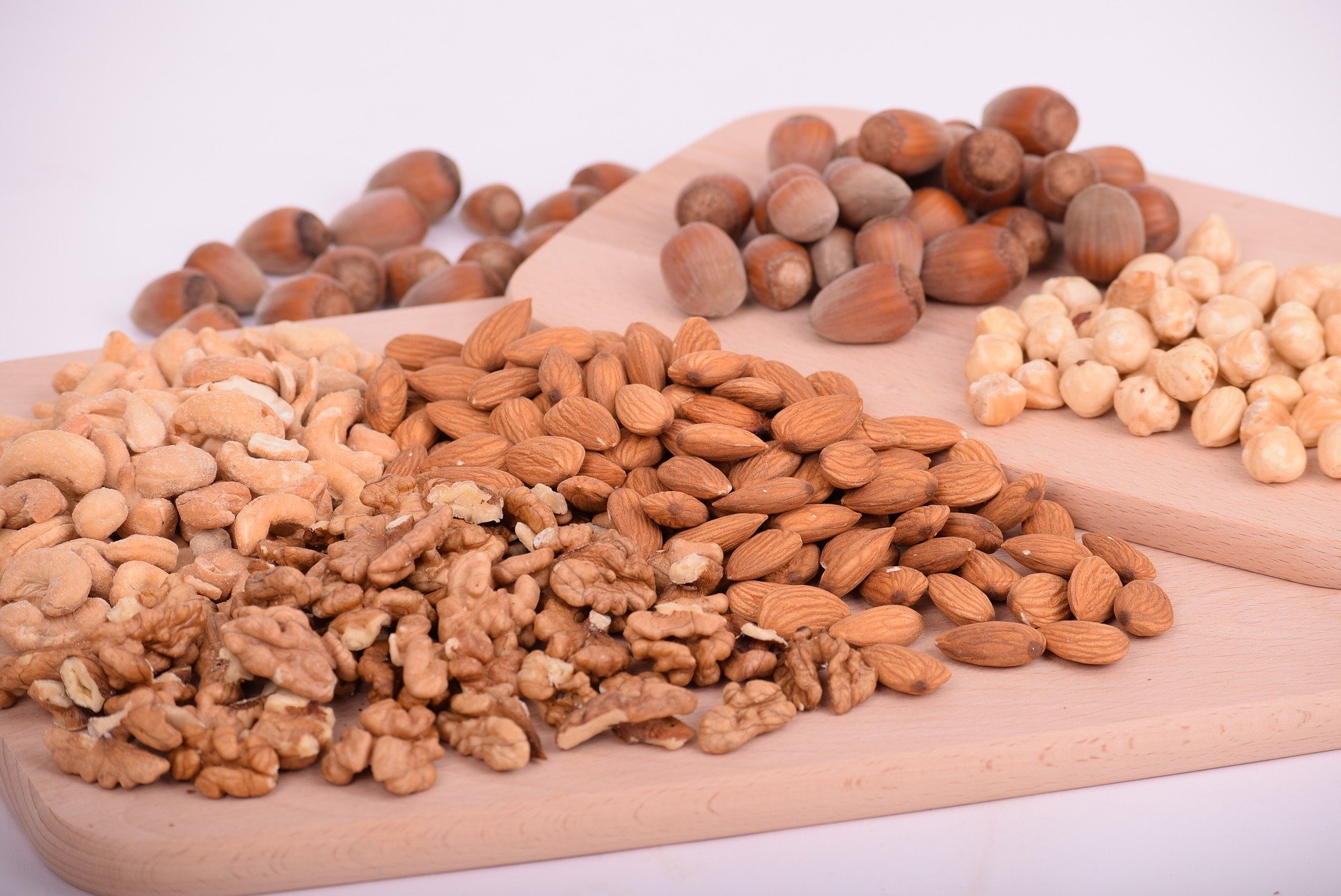As a vegan, one of the most frequently asked questions is where do you get your proteins from? The truth is protein exists in most plant food.
What are Proteins?
Proteins are one of the three main classes of food, comprising of 20 amino acids. Amino acids are classified either as essential or non-essential. Non-essential amino acids are the type that the body can synthesize, while essential amino acids are only available from food sources. There are 11 non-essential amino acids and nine essential ones. The nine essential amino acids include:
- Histidine
- Isoleucine
- Leucine
- Lysine
- Methionine
- Phenylalanine
- Threonine
- Tryptophan
- Valine
Proteins are essential for the growth and repair of the body muscles for a healthy and strong body. Ideally, a male vegan should consume approximately 63 grams of protein per day while a female should consume about 52 grams. However, the exact amount varies from one individual to the next depending on muscle mass, weight, among other factors.
How to Add Proteins to a Vegan Diet
As a vegan, your goal is to ensure you’re incorporating enough proteins into your diet. However, research shows that you do not have to eat all the nine amino acids at a go. Simply include one or more of the essential amino acids across your meals for the day.
Top 3 Vegan Protein Sources
Want to add some protein to your meals? Here are the most popular sources of plant-based proteins.
1. Beans or Legumes
Beans and legumes are surprisingly packed with a lot of nutritional benefits. They are rich in fiber, protein, antioxidants and are an excellent source of folate. Half a cup of cooked beans contains approximately 7 grams of protein, similar to one once of meat. And thanks to their high fiber content, beans and legumes will keep you feeling full for longer.
However, beans are not a complete protein in that they do not contain all the nine essential amino acids. You’ll need to complement them with grain to get all the amino acids.
2. Soya Beans
Soya beans, also known as soybeans, are currently one of the most consumed vegan foods globally. They have so much to offer. It is the only legume that is a complete protein. Plus, it has all nine amino acids. You can process soy into powders, meat substitutes, and milk. A serving of 100 grams of soybeans contains a whopping 36 g of protein.
Soybeans are rich in antioxidants, phytoestrogens, fiber, protein and are low in saturated fats. What’s more, soy is lactose and cholesterol-free.
3. Mixed Nuts
What’s a better way to complement your protein sources than to snack on a few tasty, healthy nuts throughout the day? A serving of 100 grams of mixed nuts contains about 20 grams of protein. Some of the most nutritious nuts are macadamia, cashews, almonds, and walnuts.
On top of providing the needed protein content, some nuts are also rich in minerals such as iron that are good for your blood, are low in cholesterol, and promote a healthier heart.
In conclusion, there are numerous sources of plant proteins. All these are readily available and are packed with a ton of health benefits. They’ll keep you full for longer and may even aid in weight loss. However, remember that most plant proteins are incomplete. Ensure you’re mixing various plant proteins across the meals in a day to get all the essential amino acids.



